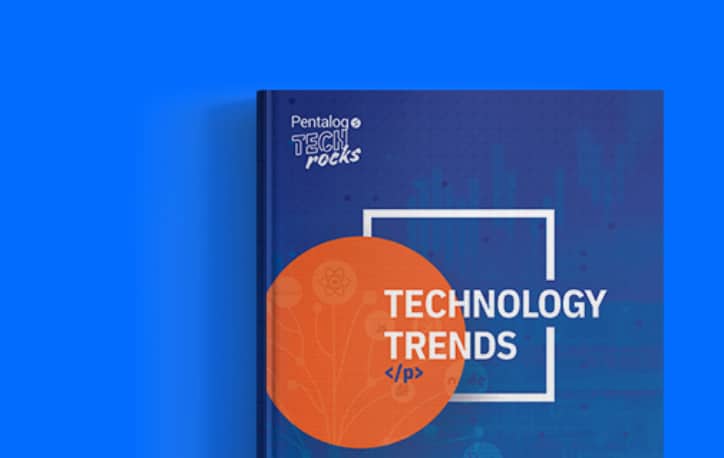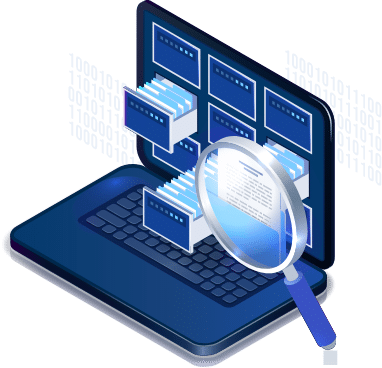Nowadays, most of the organizations are heavily relied on the extensive amount of information to sustain their operations, therefore, it comes as no surprise that applications of the data matching have become more imminent than ever. Before we go through them, let’s briefly talk about what data matching really means.
Technically speaking, data matching compares two individual sets of data by using an algorithm or looped programs. Then the processor performs sequential analysis on these individual sets of data focusing on complex variables like strings for find out the similarities.
In simple terms, data matching uses algorithms to compare datasets in order to identify the pattern, detect the similarities, and remove duplications of the data. It enables the organization to maintain a more relevant and accurate database.
Let’s check out the important applications of data matching in various sectors.
CRIMINOLOGY AND IDENTITY VERIFICATION
The criminology is among the most important fields for applying data matching techniques as it deals with various information systems on regular basis. The records need to be matched across several departments and authorities in real time. The duplication and incorrect linkage can make it very difficult to identify criminals and their misconduct characteristics.
Therefore, using data matching on the high volume and complex database can help law enforcement to analyze the possible suspects, which can help in the prevention and detection of crime. Matching the database to create a blacklist of notorious criminals can further assist the law enforcement with the investigations.
The data matching can also significantly aid in the prevention of the identity theft, which is a highly prominent issue in the United States. According to a survey, every eight out of ten US citizens are worried about identity fraud. Sadly more than half of the survey participants or their family members have been a victim of ID theft and online fraud, which is quite alarming.
The damage from identity theft is not only limited to individuals, many organizations have also suffered losses. Thus, the improved data matching technique can be used to compare data from many sources.
For instance, the comprehensive data stored in criminal records, driving license records, insurance records, and credit rating records can be matched to aid in identity verification. Any irregularities and abnormalities can be instantly reported, which can help in detection, if not the prevention, of the identity-related crime.
MEDICAL INSTITUTIONS
The applications of data matching in the medical institutions are very critical as well as important. The cluttered and inaccurate database can not only result in monetary losses but also cause a loss of precious human life.
An accurate and updated medical record database is absolutely essential in order for the proper diagnostics of the patients. This not only saves precious time but also provide relevant insights and accurate information, which can help doctors to make more well-informed and beneficial decisions, especially in the emergency situation.
Therefore, data matching is absolutely crucial to linking the vast collection of medical records together. Owing to data matching, doctors are able to obtain complete medical records of a patient by entering his name or contact number. This can potentially save thousands of lives or at least make the room for a much more effective treatment option.
Without using data matching technique, accessing these medical records may not be easier as managing plethora of medical records will become extremely difficult, if not impossible.
BUSINESSES AND ENTERPRISES
Data matching not only help law enforcement and medical institutions, it also plays a pivotal role in the business industry. The enterprises require to collect and integrate data, which comes from numerous sources.
This process is usually referred to as data consolidation and plays a key part in the deployment of applications like enterprise resource planning, customer relationship management, and supply chain amongst other enterprise related processes.
Apart from deployment, it helps businesses in maintaining an efficient master record. The primary steps required for this process is de-duplication of the data before transferring them into the master record. The data matching helps in eliminating duplications and identify similarly, but different, datasets to avoid loss of information. This results in high level of data integrity, which is vital for the successful data deployment.
Additionally, data matching also facilitates the streamlining of sales procedure by eliminating multiple lists. It helps to remove duplication of the clients in the system, thereby saving valuable time of sales force as well as the client. Moreover, it also allows redirecting follow-up calls to more senior or experienced sales personnel, which can result in additional sales for the business.
FINANCIAL SECTOR
The finance sector takes benefit from data matching techniques in two particular ways.
Firstly, the substantial amount of customer information in the system, which comes from different channels. The sheer amount of data often contains inaccuracies and duplications due to multiple channel routing or human error. The data matching software allows linking all the information together, which removes all the duplicates and help find the connections between several data origins.
Secondly, the conduct extensive analysis on the comprehensive amount of data to find correlations and trends. The improved and accurate data provide better insights, which allow them to make better analysis, aiding in making critical decisions. This can be very important for the long-term future of financial institutions in the volatile economic environment.
CONCLUSION
As we previously said, many organizations rely on the vast database in order to conduct their operations efficiently. As there is a constant inflow of real-time information, matching tools are essential to keep the data relevant and accurate as possible.
To sum it up, data matching has various applications that can empower your organization with a better and much more effective database which can reap excellent results in the form of monetary or other qualitative benefits. However, there are several different versions of data matching tools available in the market and all of them differ in prices, efficiency and most importantly the quality. Therefore, you must conduct a thorough research before making any decision.










































